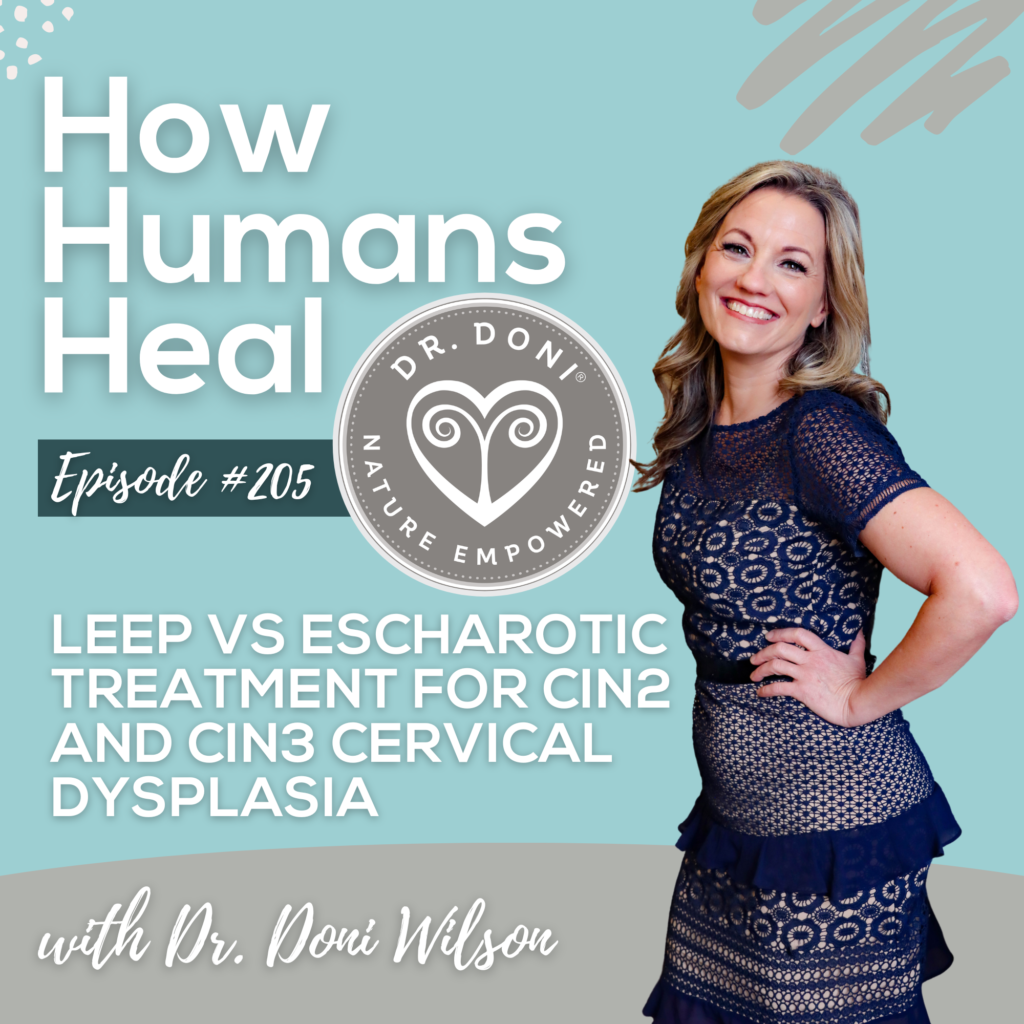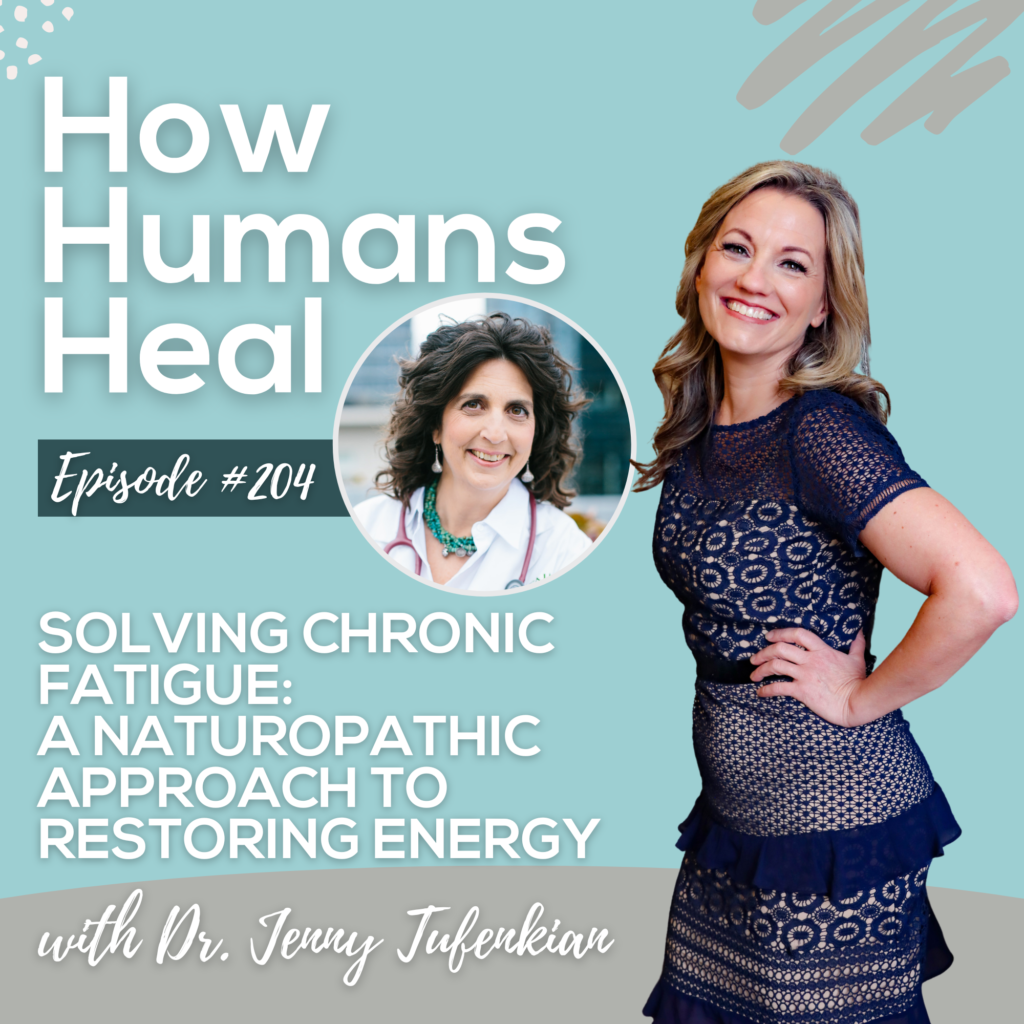
The Importance of Intuition for Your Health
- Home
- Uncategorized
- The Importance of Intuition for Your Health

Dr. Doni explains new research about the importance of patients’ intuition when it comes to their health outcomes – and how this informs her approach to wellness.
 In this series, I am talking about my approach to wellness and how it influences my work with patients. In the last few articles we have talked about how I came to be interested in stress and now I want to move on to discussing the role of intuition, both mine and my patients’, when it comes to deciding on treatment and their health outcomes.
In this series, I am talking about my approach to wellness and how it influences my work with patients. In the last few articles we have talked about how I came to be interested in stress and now I want to move on to discussing the role of intuition, both mine and my patients’, when it comes to deciding on treatment and their health outcomes.
You can catch up on the previous articles in this series by clicking on the titles below:
It might be surprising to hear that intuition in health care can make a difference to health when in fact, there are increasing numbers of studies showing how essential it is to health. I want to show you how intuition can help and ways you can start to use it to manage your own health.
First I want to emphasize that most medical practices don’t mention intuition and, because patient’s intuition is rarely validated by medical practitioners, patients tend not to mention their intuitive feelings to their doctors, even naturopathic doctors. However, just because it doesn’t get mentioned doesn’t mean that it is not important—quite the opposite!
In this article, we’ll look at intuition from different perspectives – including the scientific evidence – and talk about its role within the realm of naturopathic medicine.
What is Intuition?
Intuition is the ability to understand immediately, without reasoning. While we often refer to intuition as a “gut feeling,” research indicates that intuition may actually occur in our minds, in the reticular activation system (RAS) in your brain to be exact.
The Brain and Intuition
The RAS influences emotion, motivation, memory, learning and decision-making, and by doing so creates our intuition. Researchers have found that the RAS filters all the information coming into our brains from our five senses (sight, sound, touch, taste, and smell) and matches it up to memories from our past. So when you set a goal—such as a goal to improve your health in some way—you are essentially asking your RAS to find new and past information that matches that goal, and by doing so, you are using your intuition. Let me tell you a bit more about how it works.
One of the key differences about the human brain is that it is amazing at recognizing patterns. When you write down what you want your life to evolve into your brain automatically starts seeking out those patterns. With each new experience, your brain will go through a process of matching up your past experiences with that focus or goal. That is what we refer to as intuition and it informs your decision-making.
Research indicates that you can increase your intuition by using it. Actually, you are probably already using your intuition even if you haven’t yet realized it. Have you ever had a feeling something was going to happen or that a certain option would be better for you? That was your intuition at work.
And the funny thing is that it is not necessary to believe in intuition for it to work! Your brain is going to perform this process automatically regardless of what you believe so, the way I figure it, you may as well keep your health goal in mind anyway so that your mind can guide you to achieve it.
Intuition and Healthcare
In my practice, I find that intuition is incredibly helpful—both my own intuition and that of my patients. Often patients don’t realize that they are using their intuition, but when I create opportunities for them to do so, they discover how powerful their intuition about their own health can be. I see this in my practice every day.
For example, one recent patient told me that she had a feeling that taking olive leaf to address chronic Epstein Barr viral infection would be the best option for her. Olive leaf is one of many herbs that have anti-viral properties. Since we don’t need to use all of them, I feel it is better to try the herb (or nutrient) the patient prefers first based on her intuition. And for this patient, olive leaf, along with the other approaches we implemented including avoiding food allergens, healing her leaky gut and optimizing her adrenal function, helped to decrease the symptoms she was experiencing including fatigue, anxiety, numbness/tingling in her hands and feet, and sleep disruptions.
If you are a practitioner who is interested in using intuition in your treatment decisions, you can also involve patients in choosing the correct dosage. I always encourage patients to start at a low dose and to increase it slowly so they can get a sense of how their body responds and use their intuition to adjust their dosage within a commonly effective and safe range.
One patient I was treating for an MTHFR mutation found that he responded best to 1 drop of methylfolate (0.5 mcg) every 5 days (along with my methylation protocol) while someone else with the same mutation found she could not take more than 1 drop every 2 weeks, and yet another responded best to taking a combination methylation support product (with methylfolate, methylcobalamin, TMG, riboflavin and vitamin B6) which provided higher dosages than either of the other two patients were receiving. After a few weeks, we follow up with a blood test for homocysteine to assess progress and I consistently find that what a patient feels is right is most often what works best for their body.
Overall, I find that intuition helps patients feel better faster. I think it is because when they make choices (about their health) based on their own intuition, they are more accepting of themselves, more empowered about those decisions, and more likely to continue on that path to improving their health.
So you are more likely to achieve your health goals if you can tap into your intuition as a tool to help you define and refine your treatment. And I feel that all doctors need to be (more) aware that encouraging the use of patient intuition empowers patients, as they learn to rely more on (and trust) themselves.
How You Can Use Your Intuition During Your Health Appointments
Here are some tips for using your intuition in your health care:
- Don’t be afraid to speak up. If you have a feeling about something, tell your doctor—especially your naturopathic doctor, who is likely to be more open to the concept of intuition.
- When you schedule your appointment with your practitioner, be sure to choose a time when you are less likely to be worried about other details during your session (such as being late to pick up your kids from school), so you have space to ‘be’ and tap into your intuition.
- Start new products, herbs, and nutrients at the low end of the recommended dosage range, and gradually increase it. This gives you a chance to notice how you feel as you start taking the substance and to modify the dosages accordingly.
- Think through and keep in mind your health goals. By setting health goals, you’ll be helping your intuition focus on what will help you accomplish them.
I look forward to writing more about why it’s important to set health goals and how to do it in my next article. To be sure you receive that article in your inbox, you can sign up for my e-newsletter here, and when you do, you’ll receive a free copy of my Burnout Reset Guide as well, with tips to help you evaluate your health and steps you can take each day to reset your health.
I’m curious about your experiences with intuition for your health. Please do share in the comments below.
And if you don’t yet have a naturopathic doctor to help guide you to achieve your health goals, I encourage you to find one at the American Association of Naturopathic Physicians. In many cases naturopathic doctors can help you by phone instead of in person, which means that you can get help wherever you are.
Summary Notes for Practitioners:
As I mentioned above, I find that it can be immensely helpful to encourage my patients to use their intuition during their sessions and in every subsequent moment of taking care of their health. By doing so, they can start to rely on it telling them when their body needs more or less of a particular food or nutrient. Of course, we refer to lab testing to give us objective levels and to specific assessments to help guide us, but within that framework of information, when patients have a chance to listen to their gut (so to speak), I find they are usually correct and end up doing better.
If you are a health practitioner and are interested to learn more about my approach to wellness, please sign up here to receive updates from me, including my e-newsletter and information about courses I’m teaching in the near future.
–Dr. Doni
13th June 2016
References
McCrea S. Intuition, insight, and the right hemisphere: Emergence of higher sociocognitive functions. Psychol Res Behav Manag. 2010; 3: 1–39.
Liu Q, Zhu H. Application of Predictive Nursing Reduces Psychiatric Complications in ICU Patients after Neurosurgery. Iran J Public Health. 2016 Apr;45(4):469-73.
Chilcote DR. Intuition: A Concept Analysis. Nurs Forum. 2016 May 17.
Lufityanto G, Donkin C, Pearson J. Measuring Intuition: Nonconscious Emotional Information Boosts Decision Accuracy and Confidence. Psychol Sci. 2016 May;27(5):622-34.
Share this Post:
Dr. Doni Wilson's Team
14 Day Detox Program
Take the Stress Type Quiz
Dr. Doni Social Media
Popular Posts


The 5 Burnout Types

Healing HPV Holistically: Dr. Doni on the Inspire Health by Jen Podcast

Recent Podcasts
Signup to receive our weekly newsletter with all the latest news, podcasts and special offers
New Book - Order Today!

SIMPLE PRACTICES for SHIFTING FROM YOUR STATE of STRESS to YOUR FLOW and FREEDOM
MASTER YOUR STRESS
RESET YOUR HEALTH
Order Now! Related Posts

What is making you susceptible to HPV?
I have been working with women who had abnormal cells on their cervix and/or vaginally, caused by HPV for over 20 years now. And while

The 5 Burnout Types
Did you know there are 5 burnout types? They are based on your Stress Type®, which is how your adrenal function has been affected by

Healing HPV Holistically: Dr. Doni on the Inspire Health by Jen Podcast
Dr. Doni was interviewed by Jen Ciszewski on the Inspire Health by Jen Podcast, talking about how to heal away HPV from your body for good.

Stress and Trauma: The Science Behind It, How It Shows Up and How to Heal: Dr. Doni on The Burn Fat and FEAST Podcast
Dr. Doni was interviewed by Sarah B. Thomas on the Burn Fat and FEAST Podcast, talking about the impact of stress and trauma on our health and what to do to recover from them.














